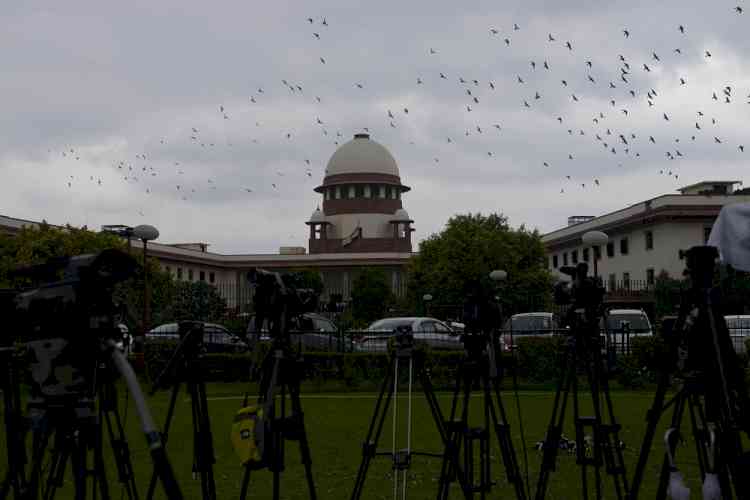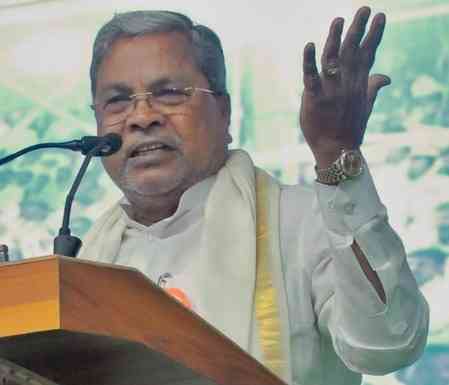Thumb impression's forging impossible, can't be doubted: SC

New Delhi, Aug 17 (IANS) The Supreme Court on Tuesday observed that forgery of thumb impressions is nearly impossible, and genuineness of a property transaction cannot be doubted merely because a thumb impression was affixed instead of a signature.
A bench of Justices Sanjay Kishan Kaul and Hrishikesh Roy said: "The key characteristic of thumb impression is that every person has a unique thumb impression. Forgery of thumb impressions is nearly impossible. Therefore, adverse conclusion should not be drawn for affixing thumb impression instead of signing documents of a property transaction."
The trial court, in a probate case, found that the will of Rajendra Singh was revoked by him and the applicant was thus disentitled to get the will probated. However, the high court allowed the appeal of the applicant, noting that it would not be possible for Singh, who was paralysed before his death, to visit the sub-registrar's office to cancel the will.
Issues were raised in connection with Singh's thumb impression on the cancellation deed, but the top court noted all the four deeds executed by Singh in his lifetime, had his thumb impression and not his signature.
"Genuineness of the cancellation deed cannot be doubted only due to the fact that same was not signed and Rajendra, as a literate person, affixed his thumb impression. This is more so in this case since the testator's thumb impression was proved to be genuine by the expert," it said.
The bench noted that the probate applicant never raised any objection in connection with the mode of proof of cancellation deed before the trial court. "It is clear that plea regarding mode of proof cannot be permitted to be taken at the appellate stage for the first time, if not raised before the trial court at the appropriate stage," it held.
Setting aside the high court judgment, the top court said: "It is our considered opinion that the trial court was right in holding that Rajendra Singh was medically fit and had cancelled the will himself."


 IANS
IANS 








